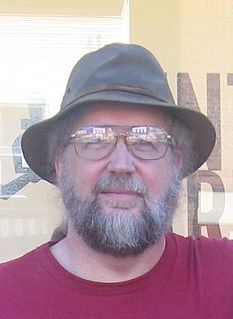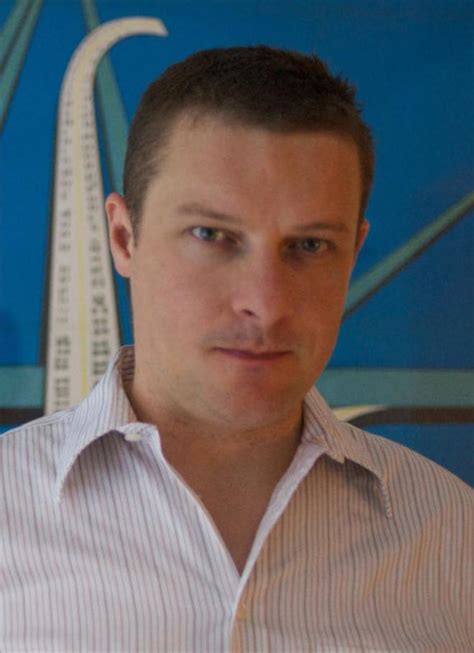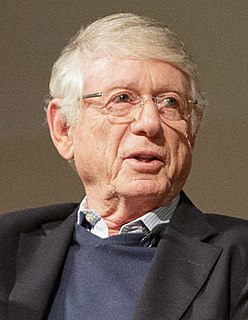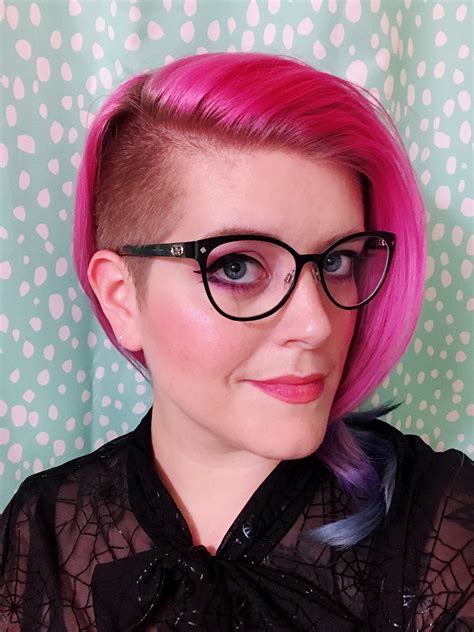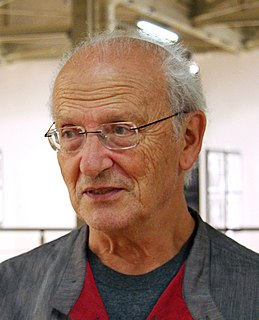A Quote by Phoebe Gloeckner
Underground comics were produced by individuals - they were the auteur variety, rather than the production-line sort of comic book aimed at pleasing a vast general audience. Mainstream comics never appealed to me: they seemed sterile in their stylistic consistency, and were quickly consumed, the stories interesting only for so long as you were reading them.
Related Quotes
Since I started as a comic person then became a musician to me it was interesting because I have this really great, interesting fanbase that's really smart and energetic and uh how could I steer them towards a medium that shaped who I was? You know, steer them toward comics. That was really the goal, to bring a lot of readers cuz they were reading a lot of comics but most of them hadn't been reading American comics, they'd be reading manga sitting on the floor of a Barnes and Noble.
Underground comics were striking in that they seemed largely unedited - in a typical book, with stories by five to ten creators, some stories would be shockingly bad, and others would be startlingly brilliant. This was a lively and exciting combination. The artwork and stories, good and bad, were all so different - I'd stare at the pages and lose track of time. This was a world where anything could happen, and I wanted to go there.
When I was a kid, back in the '40s, I was a voracious comic book reader. And at that time, there was a lot of patriotism in the comics. They were called things like 'All-American Comics' or 'Star-Spangled Comics' or things like that. I decided to do a logo that was a parody of those comics, with 'American' as the first word.
Larry and I, and a bunch of our colleagues, were sitting on great stories that needed to get out to an audience in one way, shape or form. We've both produced comics in the past, and audio dramas seemed like a similarly interesting option, the other side of the coin. As we've continued with the project, the format has become a vital way for us to tell our stories.
The type of cartooning that I think is generally referred to as 'alternative' or 'underground' is usually - the distinction is usually in terms of whether it's made by one person, the entire thing is done by one hand or more of a production line process, which is how the comics that we grew up reading were made.
There are a lot of good comics, no doubt, but as far as the quality of the comics goes, I think what you have is a bunch of situational comics - there are black comics that work only black crowds, gay comics that do only gay crowds, and southern comics that only work down South, and so on with Asian, Latino, Indian, midgets, etc. The previous generation's comics were better because they had to make everybody laugh.


